Bachelor Diploma
-
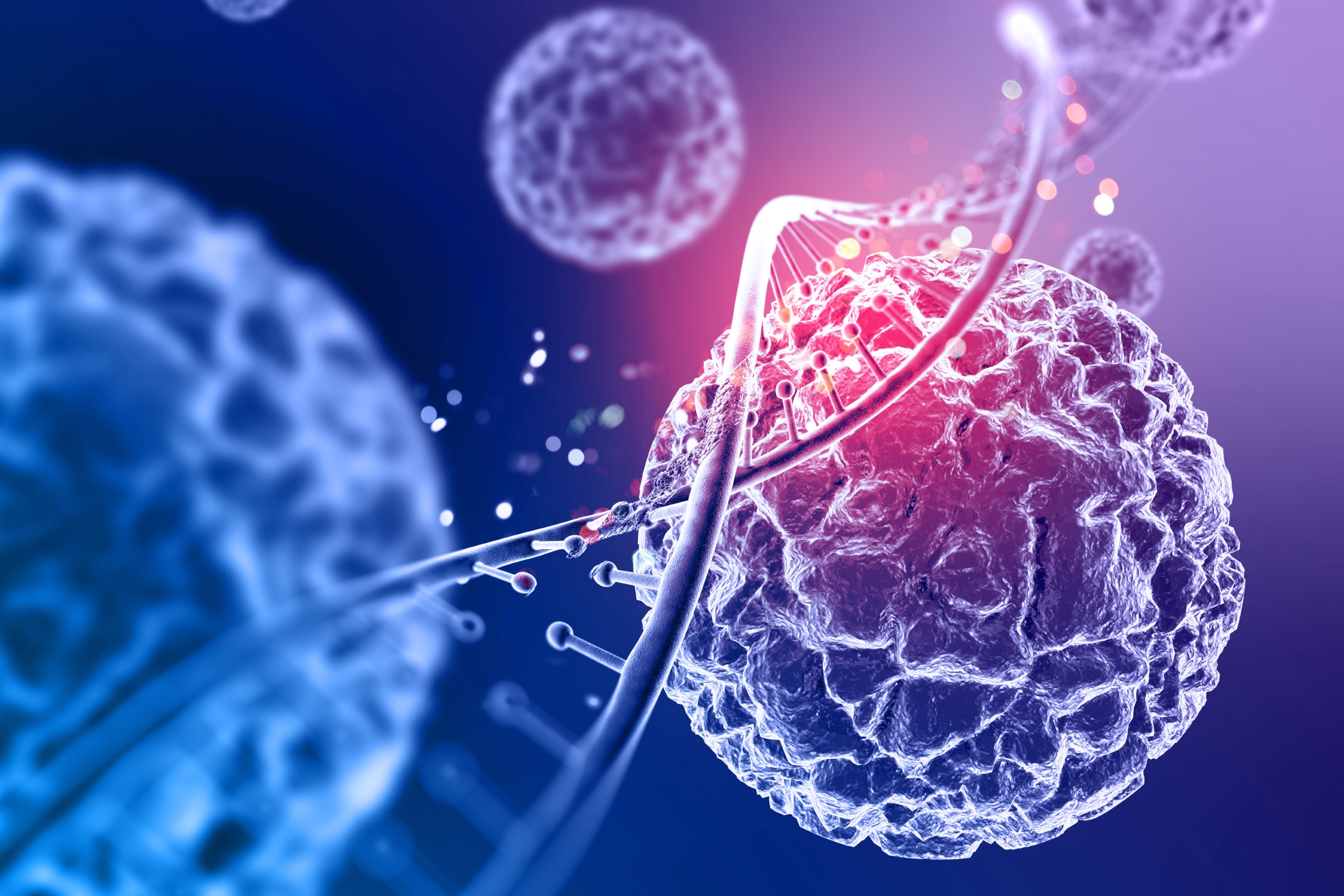
Biochemistry and Lab Course
Biochemistry is the study of the structures, functions, and interactions of biological macromolecules—such as proteins, nucleic acids, carbohydrates and lipids. Furthermore, the interactions between ions and smaller molecules affect the chemistry of the cell.
-
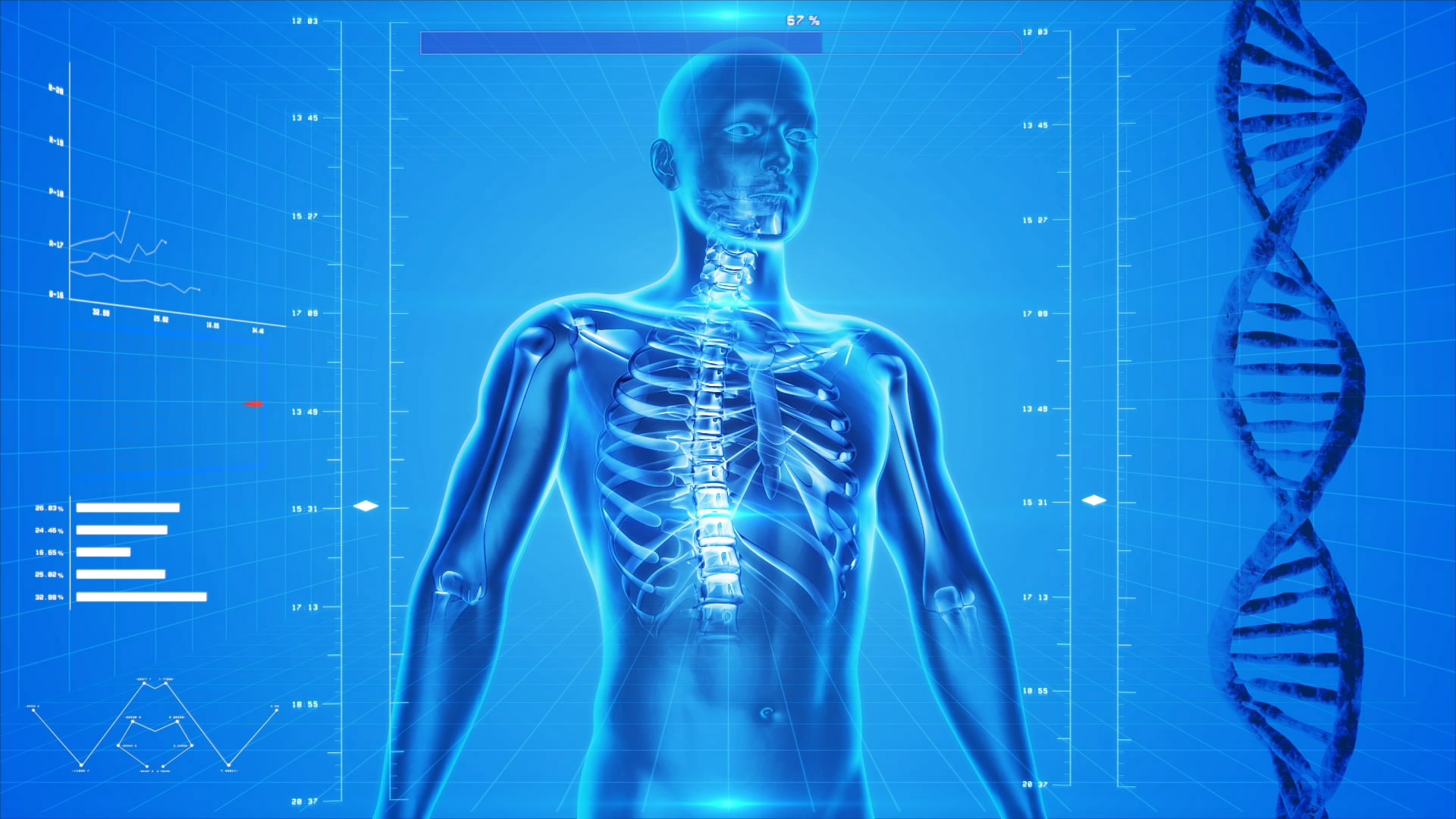
Anatomy and Physiological Course
The aims of this course is to provide the students the following skills on anatomical and physiological terminilogy to all biological medicine studies and to understand the details of the fundamental structures and functions of the body.
Masteral Diploma
-

Biochemistry and Lab Course
Biochemistry is the study of the structures, functions, and interactions of biological macromolecules—such as proteins, nucleic acids, carbohydrates and lipids. Furthermore, the interactions between ions and smaller molecules affect the chemistry of the cell.
-

Anatomy and Physiological Course
The aims of this course is to provide the students the following skills on anatomical and physiological terminilogy to all biological medicine studies and to understand the details of the fundamental structures and functions of the body.
Doctoral Diploma
-

Biochemistry and Lab Course
Biochemistry is the study of the structures, functions, and interactions of biological macromolecules—such as proteins, nucleic acids, carbohydrates and lipids. Furthermore, the interactions between ions and smaller molecules affect the chemistry of the cell.
-

Anatomy and Physiological Course
The aims of this course is to provide the students the following skills on anatomical and physiological terminilogy to all biological medicine studies and to understand the details of the fundamental structures and functions of the body.
BACKUP DIPLOMA COURSES TEMP
-

Bach Flower Medicine For Mental Health
This course is designed to give students a thorough understanding of the Bach flower remedies in order for them to utilize this knowledge within clinical settings upon completion of the course.
-

Physical Therapy and Massage – Diploma Course
The use of massage therapy can improve wellness or help manage a medical condition. Throughout human history, massage has been practiced in most cultures, and it was one of the first methods used to alleviate pain.
-
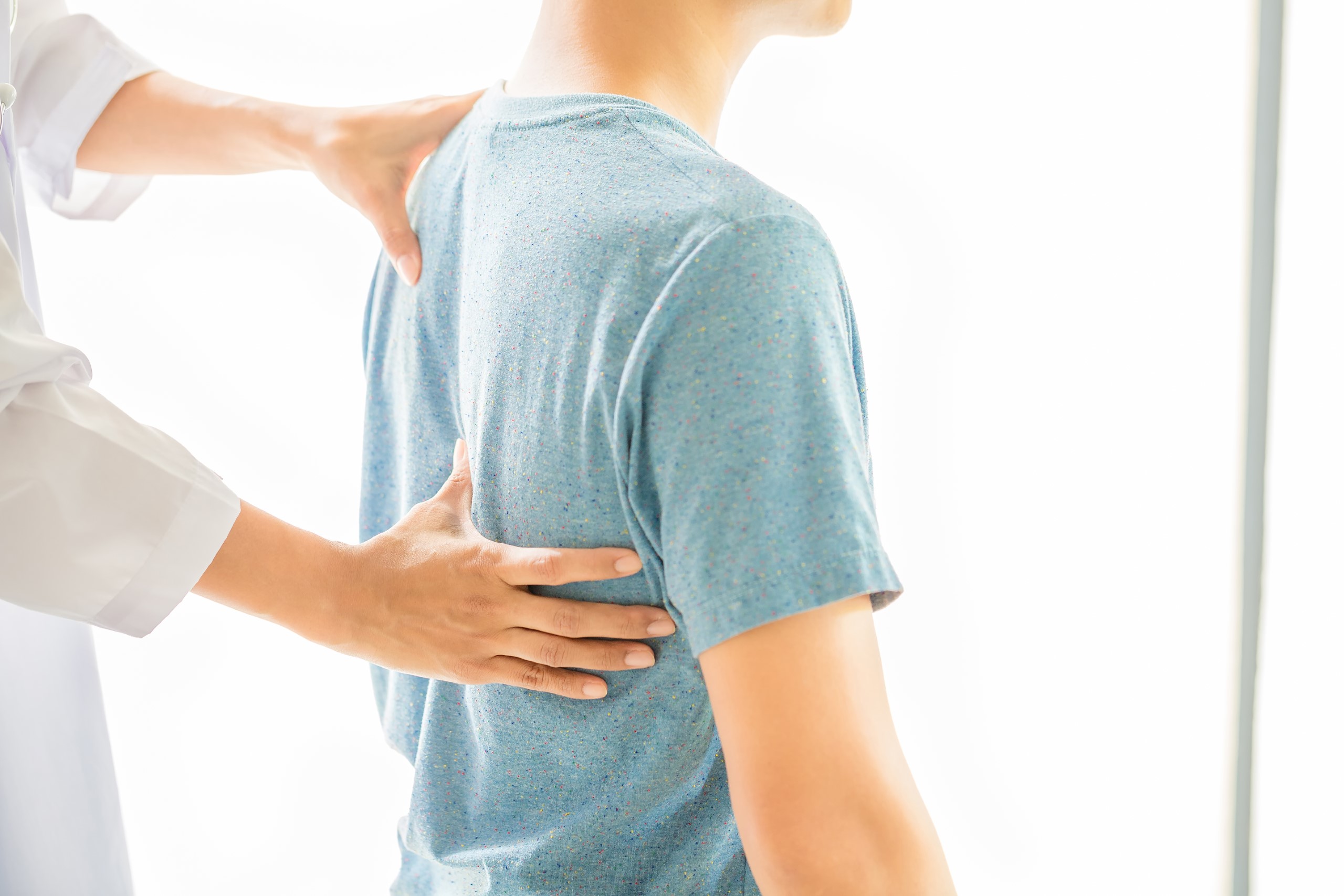
Naturopathic Chiropractic Course
This course contains 11 lectures with accompanying videos for each lecture. There are seven other videos that discuss chiropractic X-rays, adjustments, the dangers of inflammation, and restoring cervical lordosis.
-

The Science of Natural Healing Diploma Course
This diploma course explores the natural methods available to heal the body and improve health. The Science of Natural Healing diploma course is a series of 24 videos that cover a variety of topics in natural healing.
-

Pharmacology Course
This pharmacology course contains video-based lessons covering basic definitions, pharmacodynamics, cholinergic drugs, antidepressants, antiarrhythmic drugs, diuretics, hypertension, antihypertensives, and other related topics.
-
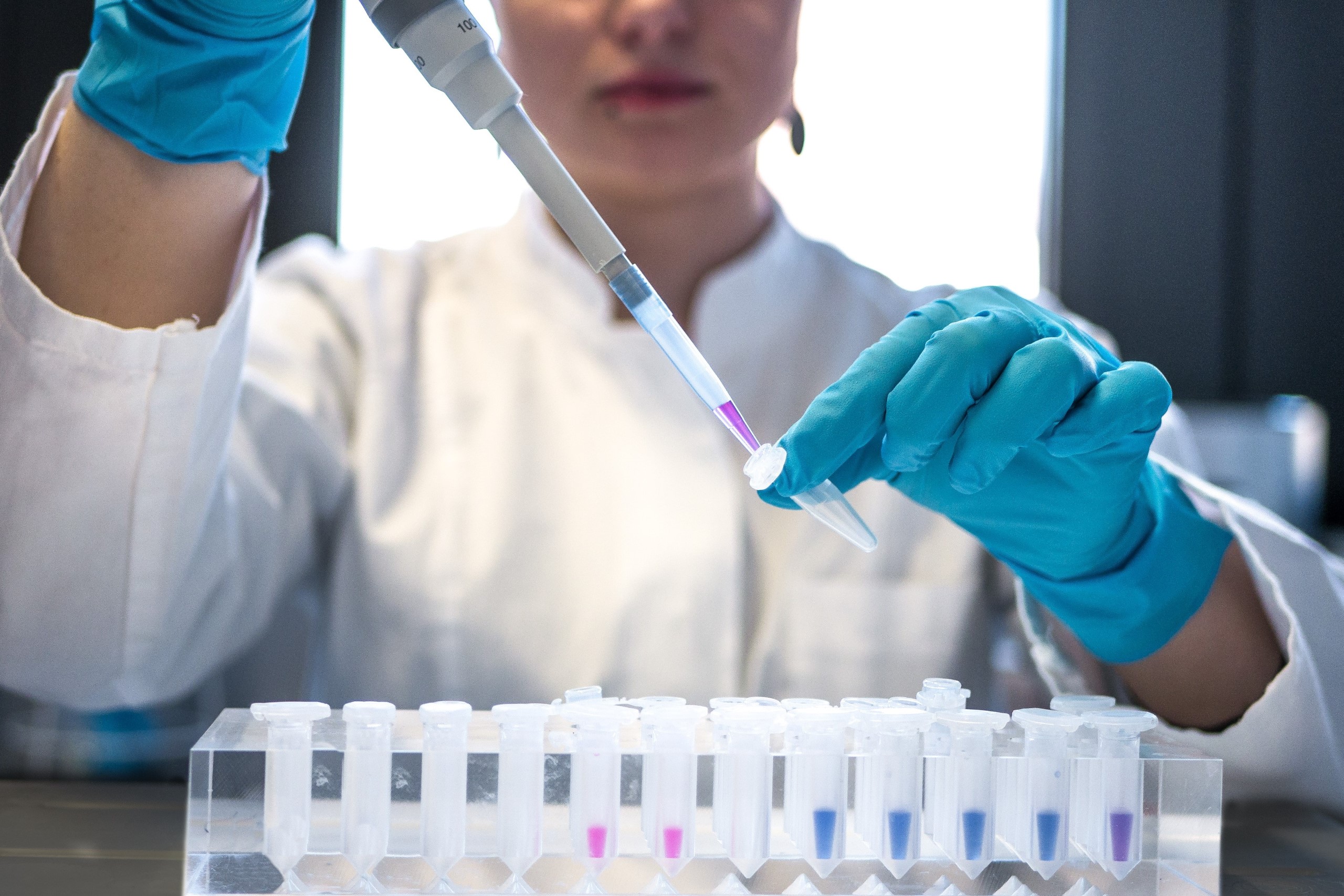
Pathology for Natural Medicine Online Course
This online Pathology for Natural Medicine diploma course is designed to help people who practice Holistic Medicine to better understand the orthodox medical system’s core principles. This course is not a general pathology course found in the curriculum of a medical school; rather, it is tailored specifically for practitioners of holistic medicine.
-
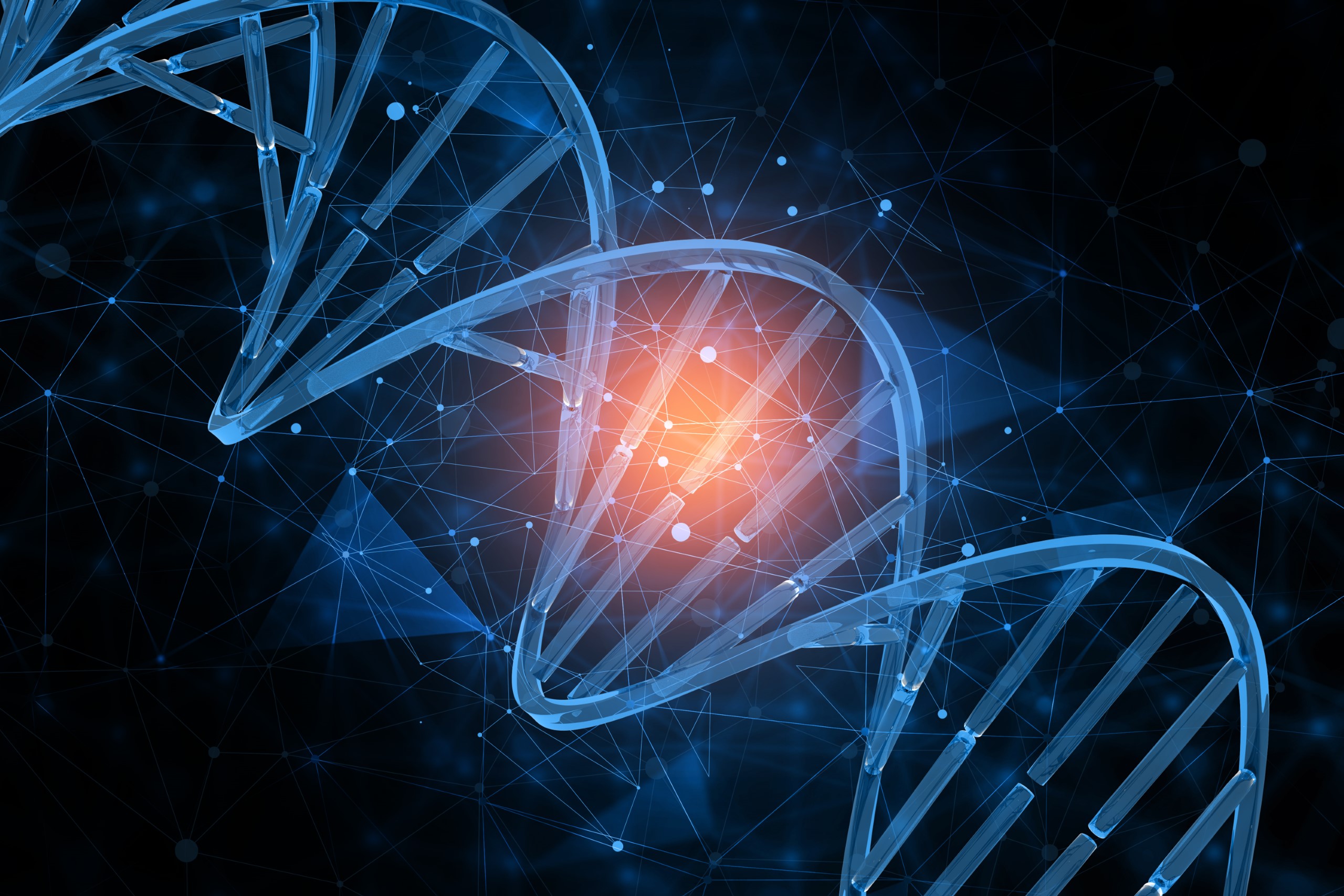
Introduction to Medical Diagnostic Lab Course
This course covers a variety of topics in laboratory science: Identifying different morphologies in blood, distinguishing numerous parasites and microorganisms, and culturing urine samples. These topics are important for understanding health and disease.
-
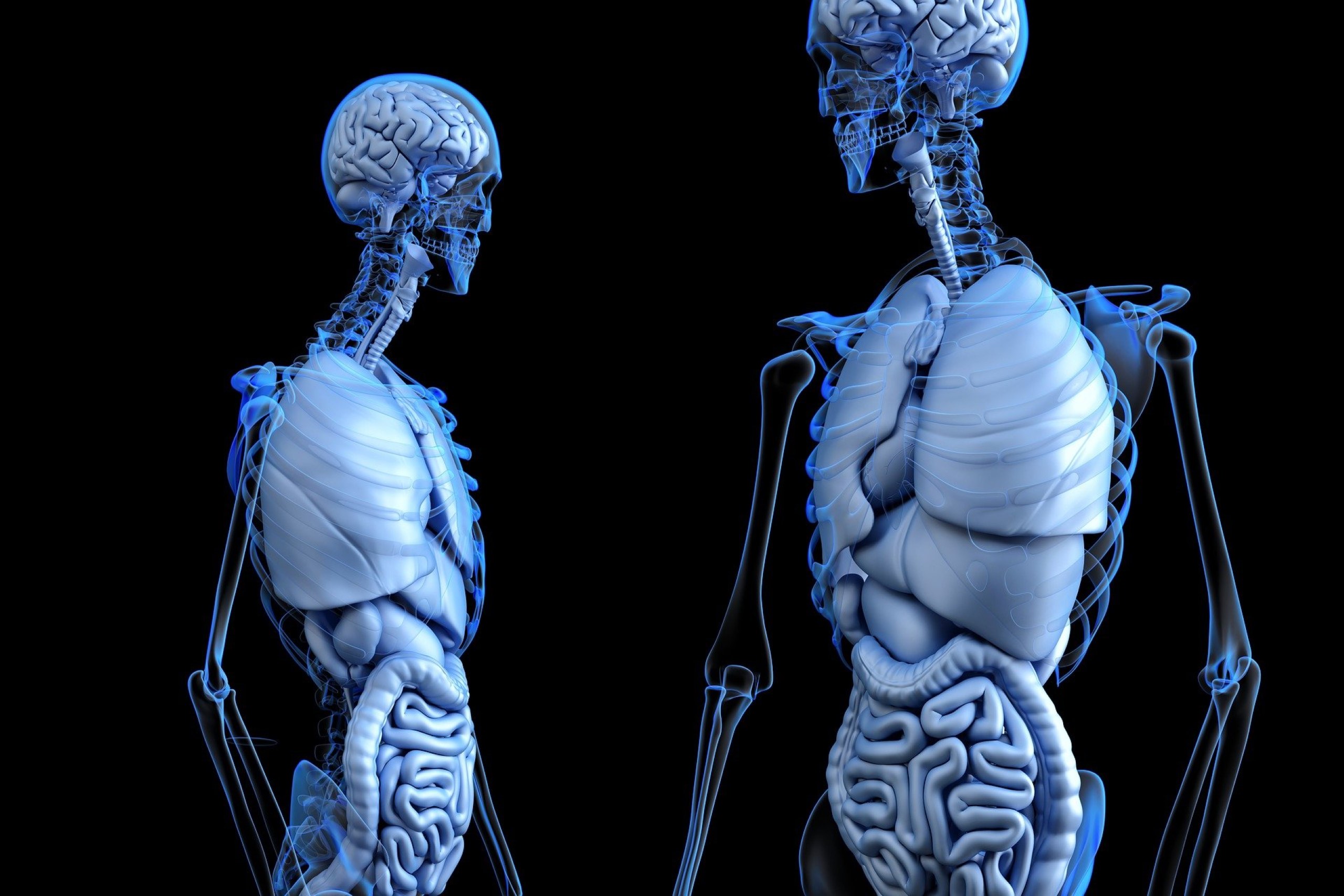
Clinical Skills and Differential Diagnosis Course
The Clinical Skills and Differential Diagnosis course is designed to help students learn how to examine different parts of the body to determine the presence of potential medical problems.
-
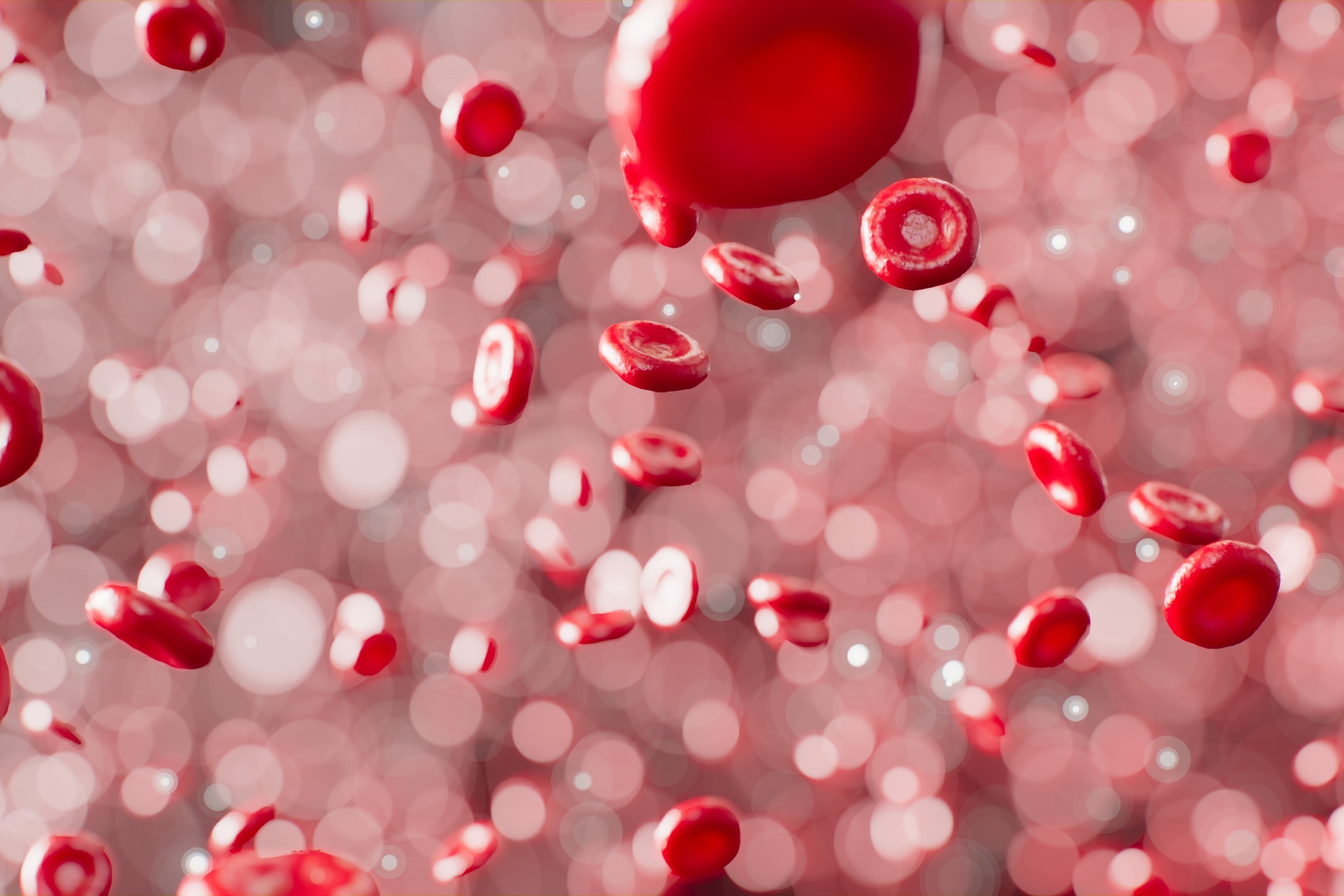
Cell and Molecular Biology Course
Cell biology (Cytology) is the study of the structure and function of cells. Furthermore, it discusses how cells work and how their properties—such as metabolism, composition, cycle, and signaling—are related to their surroundings.
-

Biochemistry and Lab Course
Biochemistry is the study of the structures, functions, and interactions of biological macromolecules—such as proteins, nucleic acids, carbohydrates and lipids. Furthermore, the interactions between ions and smaller molecules affect the chemistry of the cell.
-

Anatomy and Physiological Course
The aims of this course is to provide the students the following skills on anatomical and physiological terminilogy to all biological medicine studies and to understand the details of the fundamental structures and functions of the body.
-

Clinical Nutrition
This course serves as a way to further the knowledge of naturopathic practitioners by expanding their repertoire of treatment protocols. It primarily centers itself on the prevention, diagnosis, and management of patients via their nutritional changes which are linked to chronic conditions.

